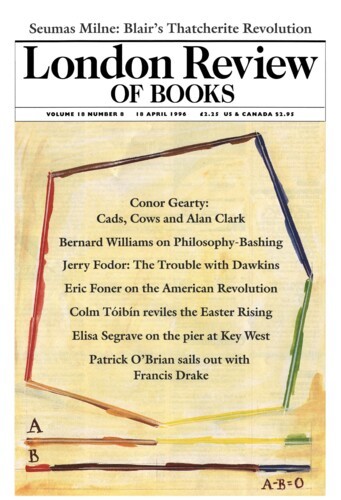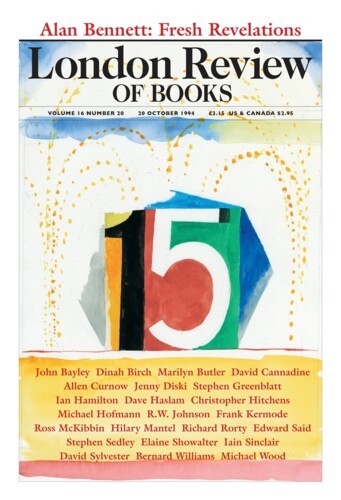Why Philosophy Needs History: On Truth
Bernard Williams, 17 October 2002
. . . our ideas of truthfulness are under a great deal of strain at present. On the one hand, we tend to be pervasively suspicious, anxious not to be fooled, eager to see through appearances to the real motives and structures that underlie them. On the other hand, there is an equally powerful suspicion about truth itself.





